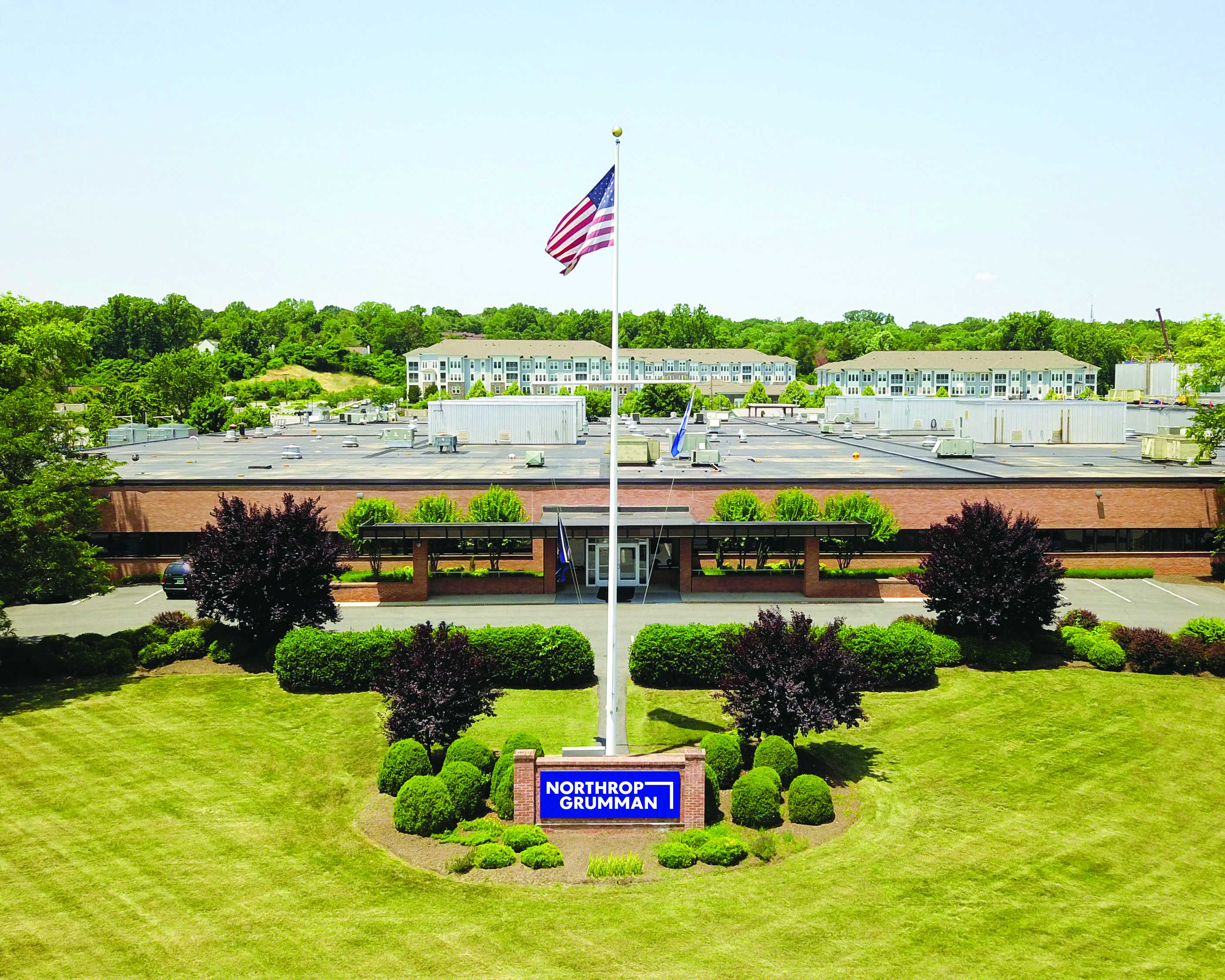University Partnerships Accelerate Innovation in Albemarle County
Federal agencies, defense contractors spur growth at Rivanna Station, North Fork Discovery Park
On 462 acres in Albemarle County, a plot of land along U.S. Route 29 adjacent to a federal intelligence hotspot is the latest addition to a growing cluster of industries coming to define the Charlottesville area. County officials identified the plot as a place where academic institutions, private industry focused on defense and biotech, and government agencies could come together, develop partnerships, and benefit from their proximity and talent. The county Board of Supervisors finalized the agreement to purchase the property in late 2023, the largest parcel of land purchased in the county’s history.
The new plot is adjacent to Rivanna Station, the aforementioned intelligence cluster, and directly across from the University of Virginia’s (UVA) North Fork Discovery Park, another parcel that spans more than 500 acres and hosts a similar range of organizations. Together, the growing Rivanna Station and North Fork campuses allow the industries to grow in a region increasingly known for defense and biotech companies. The county plans to use the land to establish what it’s calling an Intelligence and National Security Innovation Acceleration Campus, where defense contractors, the U.S. Department of Defense, and academia can cooperate to solve national security problems.
Partnerships between industry, area higher education providers UVA and Piedmont Virginia Community College (PVCC), and federal government agencies have proven to be beneficial for all sectors, which continue to grow as the state and local government focus on establishing more land and infrastructure dedicated to those economic drivers. The new land acquisition around Rivanna Station and emerging plans for a 6,500-foot biotech accelerator at North Fork are two new developments in industries that contribute significantly to Central Virginia’s economic prospects.
An Unassuming Intelligence Hotspot
Rivanna Station is a U.S. Army garrison, a sub-installation of Fort Belvoir, and home to the Army’s National Ground Intelligence Center, the National Geospatial-Intelligence Agency, and the Defense Intelligence Agency (DIA). The facility expanded to its current 75 acres in 2010 when the DIA opened its Joint Use Intelligence Analysis Facility, and the area’s critical mass of technical expertise has blossomed.
“Charlottesville has become a center of gravity for a lot of technical expertise, and therefore innovation,” said Tucker Moore, who manages the science and technology portfolio in the national security sector as principal director at Booz Allen Hamilton’s Albemarle County office, located at North Fork, next door to fellow defense contractors CACI International Inc. and the Battelle Memorial Institute. Other area defense companies include Northrop Grumman Corporation and General Dynamics, both of whom operate a few miles down Route 29, and GDIT, which has an office in the Pantops area southeast of Charlottesville. And just north of Rivanna Station, Greene County maintains a defense production zoning overlay that provides incentives to defense contractors.
At North Fork, just across Route 29, UVA fosters relationships between the private sector and businesses that focus primarily on science and technology, which include those in the biotech industry. The combination allows ideas generated by researchers and students to be further developed and tested at labs and turned into job opportunities. Both private industries and government agencies draw from a pipeline of talented students with interest and expertise in a variety of disciplines. The cluster will help further develop Virginia’s growing knowledge work sector, fueled by UVA, which generates $5.9 billion for the Commonwealth each year.
“We have a really unique opportunity with this powerful intersection of defense, biotech, data science, and IT,” said Pace Lochte, assistant vice president for economic development at the University of Virginia. “We intend to be active economic development partners, leveraging our research and knowledge to augment and enhance this burgeoning cluster in our region.”
We have a really unique opportunity with this powerful intersection of defense, biotech, data science, and IT. We intend to be active economic development partners, leveraging our research and knowledge to augment and enhance this burgeoning cluster in our region.
From Rural to Research
“I am proud to say that Northrop Grumman has had a significant part in this,” said Jeroen Heuzen, senior director of Northrop Grumman’s maritime systems integration operating unit and site executive for the company’s Charlottesville-area facility. “Our plant has been here since 1956, when most of the area around us was fields and forests. But the most significant factor for growth has been the University of Virginia.”
The defense industry is the second-largest economic generator in the Charlottesville area, accounting for more than $1.2 billion in economic impact each year, according to a report published in February by the Charlottesville Regional Chamber of Commerce’s Defense Affairs Committee. Rivanna Station accounts for roughly half of that. Another report conducted in 2017 showed that expanding Rivanna Station by just 50 acres could result in 900 new jobs and an economic impact of $135 million. The new acquisition is more than nine times that acreage and could have space for more than a million square feet of light industrial and office uses.
“Our strong relationships with the University of Virginia and Virginia Tech, as well as access to local resources, make doing business in the area easier and pave the way for future growth,” said Heuzen, who added that he envisioned the Route 29 cluster eventually connecting to Interstate 81, helping to enhance relationships with Virginia Tech and James Madison University along with UVA.

Northrop Grumman Corporation, Albemarle County
Biotech Benefits
UVA recently announced the Paul and Diane Manning Institute of Biotechnology, thanks to a $100 million gift from the philanthropists for whom the facility is named, $50 million in state investment, and $150 million from the university, demonstrating a commitment to the field. Biotech, another growing industry in the area, accounts for $1.2 billion in local economic activity, according to CvilleBioHub, a nonprofit that works to connect and grow biotechnology companies. The organization works with more than 75 young companies in the region, and that number is expected to grow as businesses spin out of the new Manning Institute.
CvilleBioHub sees the need for a biotech wet lab accelerator to spur even more early-stage companies toward commercialization.
“The missing piece was the physical infrastructure for life sciences, knowing that the innovation corridor is being developed, and there’s commitment and interest in seeing all the pieces come together,” said Nikki Hastings, the organization’s operations biotech executive and entrepreneurial ecosystem builder.
“The opportunity is immense for our community, and we have a lot of players interested in bringing it to fruition,” said Emily Kilroy, interim director of economic development for Albemarle County. “We think there’s so much potential. This is a place where innovation is in our DNA, and it’s bigger than any one particular project. It’s this theme that binds us all together. Innovation is really what we’re excited about.”




